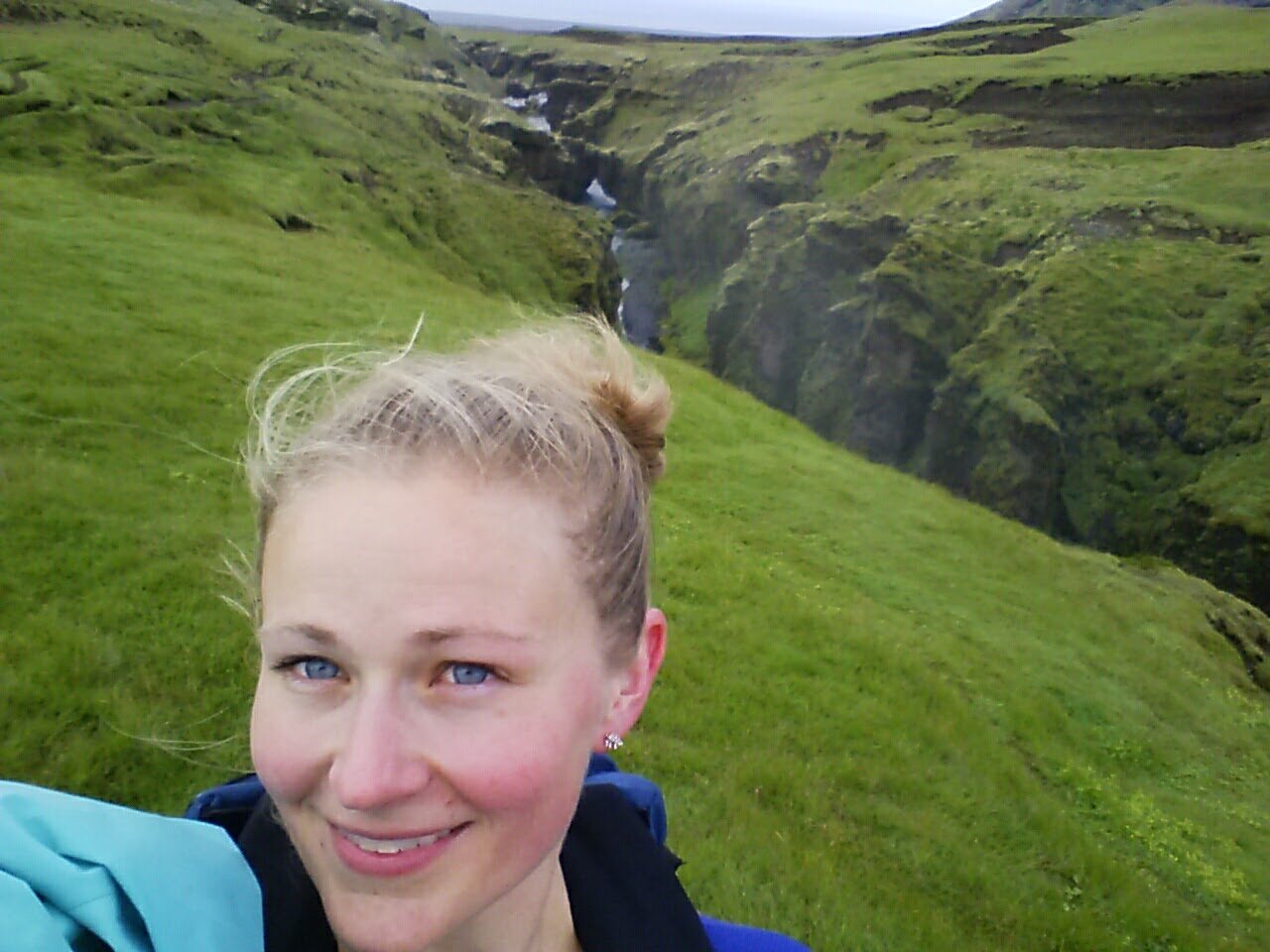Instructor Spotlight: Dr. Walker-Dale
Dr. Heather Walker-Dale is a Core instructor at OHS, known for her enthusiasm and academic insight in a broad range of fields.
When Dr. Walker-Dale was little, she thought that she was going to make a unified field theory and fix general relativity. She also developed interests in acting, literature, and drama. Eventually, her wide-ranging interests led her to study a variety of fields in college: she received a master’s degree in medieval studies from the University of York and wrote her Ph.D. dissertation on the philosophy of physics at the University of St. Andrews in Scotland.
Unsurprisingly, what drew Dr. Walker-Dale to philosophy was that it was a “lovely combination of all sorts of things.” She says that she found the philosophy of physics to be challenging and well suited to her interests: “I was not really interested in kilocalories in a peanut. I was interested in the theory behind things, not experimental physics.”
After studying philosophy in college, Dr. Walker-Dale taught philosophy at the University of St. Andrews and later at OHS. “I was interested in what [teaching] meant for society and for human minds,” Dr. Walker-Dale says of her motivation for going into teaching.
As for teaching philosophy in particular, she attended conferences on philosophy for young kids, and she notes, “Philosophy caught [the students who fell through the cracks]. It opened up their minds. It made them ask questions they never could have asked. It allowed mental gymnastics to really engage the students, and it came with all sorts of benefits.”
Dr. Walker-Dale was also motivated by her desire to teach critical thinking, historical analysis, and the value of intellectual humility to younger students. “Humans in general just don’t think carefully much of the time. [...] Why did humans do this? Why did humans do that? It seems that it is largely due to the failure of education,” says Dr. Walker-Dale. “So being able to really push critical thinking to younger minds was a huge draw.”
Since coming to OHS, Dr. Walker-Dale has taught a variety of the courses in the core sequence. She’s primarily developed History and Philosophy of Science (HSC) and Logos, Cosmos, and Doubt (LCD), the tenth- and seventh-grade core courses. She notes that “[HSC] seemed more historical than philosophical, simply called ‘History of Science,’ and full of the nuances of tanning and glass blowing, et cetera” when she began teaching at OHS. Since then, she’s added the final unit on science and society and the unit for philosophical terms, and she's expanded the scope of HSC to include the Arabic-Islamic components, the Middle Ages, and modern components of relativity and quantum theory. Most recently, Dr. Walker-Dale developed LCD as the new core course for seventh-grade students after thinking about what students were interested in at that age. She combined those interests into a course on topics ranging from dimensionality and the cosmos to questions of doubt and is now teaching it for a second year.
While Dr. Walker-Dale studied and teaches philosophy, she spends much of her free time pursuing other interests, though she values the perspective that philosophy has given her. “Bizarrely, I don’t tend to look to philosophy, or overtly read it, very much. I’ve got familiar with so many of the component parts that I want to continue learning other things.”
Indeed, Dr. Walker-Dale spends much of her time learning about other topics: “I continue to read all sorts of nonfiction books for fun. And that ranges from the history of salt or fish or how scaling laws work in the universe or dimensionality in physics,” she says. She also listens to podcasts on the history of the English language and is interested in environmental ethics, campaigning, petitioning, and raising awareness.
Dr. Walker-Dale says she would encourage students—and everyone—to “read super broadly, whether that’s lots of different news sources or different historical periods.” And again citing the value of intellectual humility, she notes, “Really everyone should just be far more humble, more compassionate [...] and be amazed at the ecosystem and the cosmos.”

